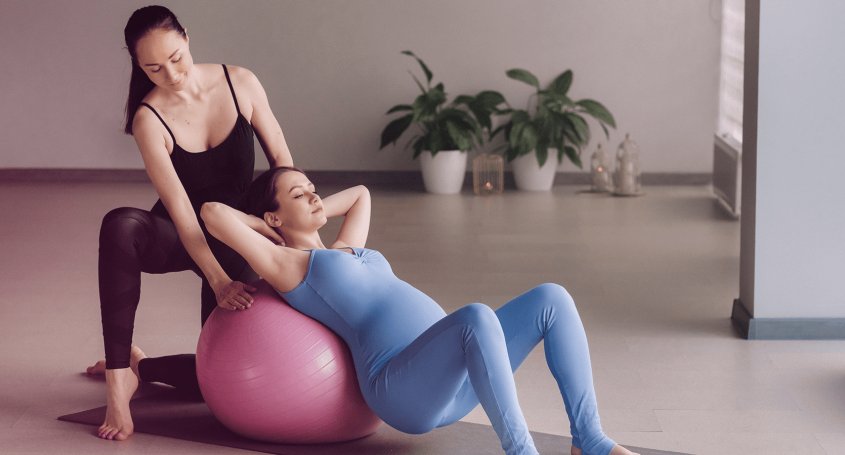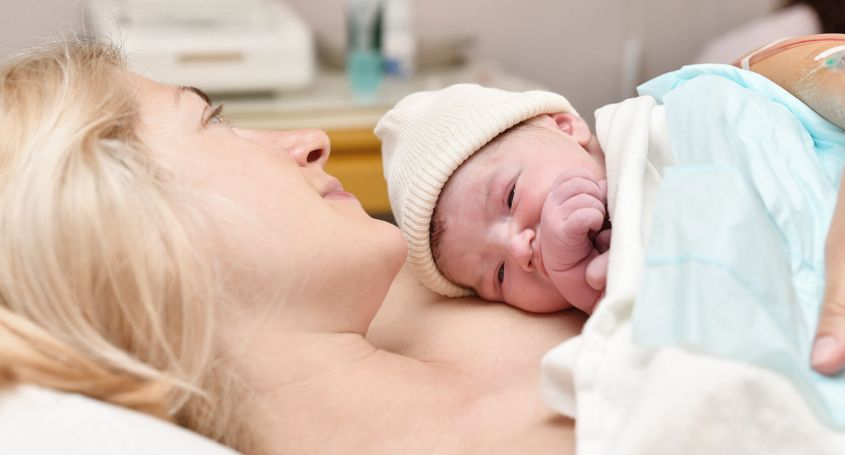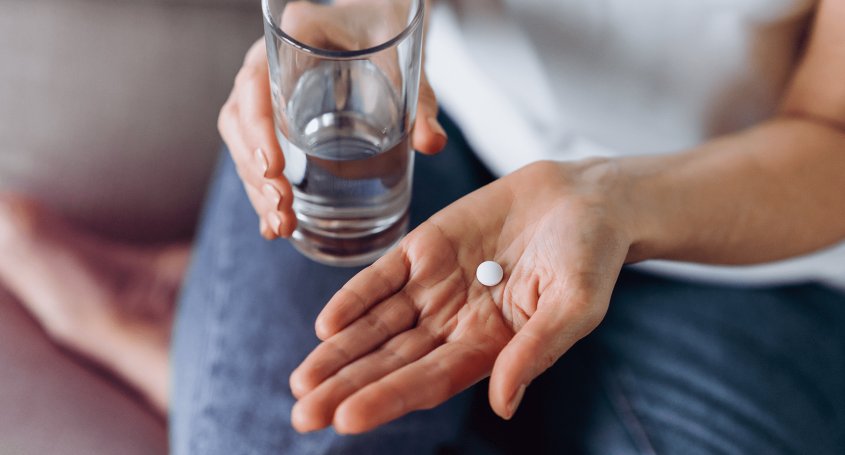If you are about to undergo an assisted reproduction treatment, you are probably wondering about the appropriateness of continuing to do sports as you have been doing up until now. How often and at what intensity can you do sport during the treatment? And once pregnancy is achieved, is it possible to maintain the rhythm of physical activity? In this post we answer all these questions.
Sport and assisted reproduction. Is it safe to do exercise?
The answer is yes, but there are certain things to keep in mind. Although most people believe that a more sedentary lifestyle during treatment can benefit the ovarian stimulation, research does not show that it positively affects pregnancy.
Exercising during treatment can help to reduce the stress of the whole process and during Beta Wait. The only thing you need to keep in mind is to adapt your physical activity. During a ovarian stimulation, heavy physical activity is not recommended as your ovaries enlarge and you may experience abdominal pain. Therefore, opt for moderate activities such as walking.
Once the treatment is over, you should wait approximately 15 days to find out if the pregnancy has finally been achieved. During this period, it is best to avoid sports that require too much energy.
Is it possible to do sport while being pregnant?
When the pregnancy is going well, sport is not only beneficial for the mother, but also for the baby. Studies show that exercise can improve the cardiovascular and circulatory system of the foetus, which receives a greater boost of oxygen for its metabolism.
For the mother, sport brings a greater sense of well-being and a number of benefits such as:
- More muscle strengthening in the pelvic area.
- Improved physical strength and lung capacity.
- Regulation of bowel rhythm.
- Increased immune system.
In addition, it can be a good antidote to combat some common symptoms of pregnancy, such as fatigue, stress, insomnia, lower back pain or cramps.
Only in some cases, the gynecologist may recommend not to do any physical activity: in case of multiple pregnancy, premature rupture of membranes, high blood pressure, cardiovascular problems, thyroid problems, previous miscarriages... For this reason, it is best to consult your doctor and follow his or her instructions.
Which kind of physical activities are best to avoid during pregnancy?
Sport during pregnancy should be done with moderation in order to avoid putting your baby at risk. For this reason, it is best to avoid certain activities during the months of your pregnancy:
- Contact sports such as judo or boxing, due to the risk of falls and impacts. Team sports such as football or basketball are also not recommended.
- Underwater activities such as scuba diving or snorkeling that require breathing for a long time or require decompression at the end.
- Risky activities that could lead to a possible fall or an accident. For example: climbing, skydiving, paragliding, rafting, snowboarding or water skiing.
- Risky activities that could lead to a possible fall or an accident. For example: climbing, skydiving, paragliding, rafting, snowboarding or water skiing.
- Sports that require a high level of effort with abrupt movements, heavy weights, jumps or that cause a high pelvic load. For example: weightlifting, rhythmic gymnastics, alpine skiing, trampoline jumping, horseback riding...
If you did not exercise on a regular basis before you became pregnant, you can opt for walks at a slow pace, without exhausting yourself. A bike ride on flat terrain is also a good way to keep your muscles toned. However, as your pregnancy progresses, it is better to use a stationary bike to avoid falling.
Recommendations to follow during exercise
- Always warm up briefly before you start.
- Hydrate yourself properly before, during and after your workout.
- Stretch your muscles when you finish.
- Dress properly with comfortable footwear, breathable loose-fitting clothing and a hat to protect you from the sun if you are going to be outdoors.
- Monitor your heart rate and don't exceed certain beats per minute, as the baby also increases its heart rate as a protective mechanism.
- Avoid activities that raise your body temperature too much, either because of the exercise itself or because you are exercising in very hot places.
Immediately stop physical activity if you experience any of the following symptoms and immediately consult your doctor:
- Dizziness.
- Palpitations or breathlessness.
- Severe pain in the pelvic area or back.
- Bleeding or haemorrhage.
- Leaking of amniotic fluid.
Is it safe to do sport after childbirth?
During the puerperium, the period between the end of the birth and the normalisation of the changes in your body that occurred during pregnancy, it is recommended that you increase your physical activity progressively and with medical supervision, approximately one and a half months after giving birth. This way, after fulfilling your dream of becoming a mother, you will be able to return to your exercise habits.
If you have had a caesarean section, it is advisable not to do any exercise for two months to protect your pelvic floor.
As you can see, a proper exercise plan provides numerous benefits during assisted reproduction treatment and up to the birth. This is why you should not give up sport. The only thing you should take into account are the recommendations of your medical team.















